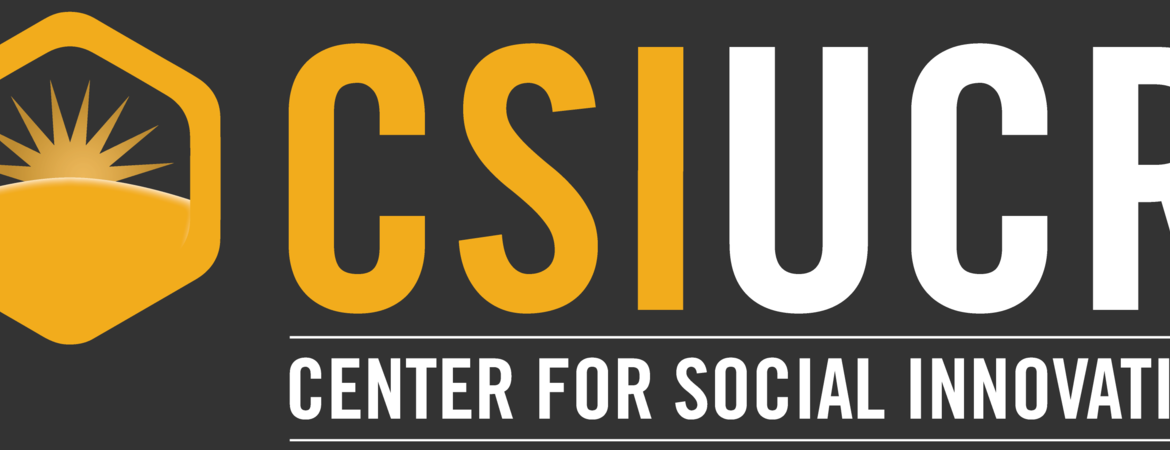Center for Social Innovation

The past several months have been extraordinarily difficult for everyone, especially for our vulnerable communities. From the overrepresentation of Black minority groups disproportionately affected by COVID-19 to the execution of George Floyd by a Minneapolis police officer, America has shown the continued need for change within the institutions and society. The effects of COVID-19 on the health of racial and ethnic minority groups are still emerging; however, even though the data is relatively new, we can already see how it may not be a surprise that non-Hispanic Black persons are disproportionately affected.
Racism and its effects are interrelated within many aspects of one’s health and life opportunities. An individual’s experiences have ripple effects that can be shown through stress, unhealthy behavior, toxic exposure, access to medicare, neighborhood effects, lack of flexible resources, and more. According to Data, Narrative, Action: The Black Equity Agenda in the Inland Empire, Black minority groups have the lowest life expectancy in both Riverside, at 77.3, and even lower in San Bernardino County at 74.9. They also have the “highest proportional preventable hospitalizations” in both counties. Additional statistics from IE Black Worker Center highlight that Black workers also have the highest unemployment rate as compared to other races and ethnicities in the region.
Sociologists, health experts, and organizations that promote health equity have been persistently advocating for progressive policies, and last Tuesday there was a historic change for San Bernardino County; the Board of Supervisors adopted a resolution declaring that racism is a public health crisis. C.O.P.E., one of the supporting organizations, is a black-led organization that assists San Bernandino county through Civic Engagement, Health Access, Education, and Justice Reform, and more. Also, The Blue Educational Foundation, an organization which focuses on providing college/career success, civic engagement /leadership development, and more, provided statistics on Black Workers from unemployment rates, poverty levels, to data on discrimination at work. The organizations that support this movement have made substantial progress that will benefit the Inland Empire for everyone. This goes to show the power of not only discussing race issues but the importance of accountability and community organizing. While we relish in the moment and celebrate this change we must also recognize that our work is not over. We must continue searching and supporting the best solutions that will build our communities through inclusivity and empowerment.